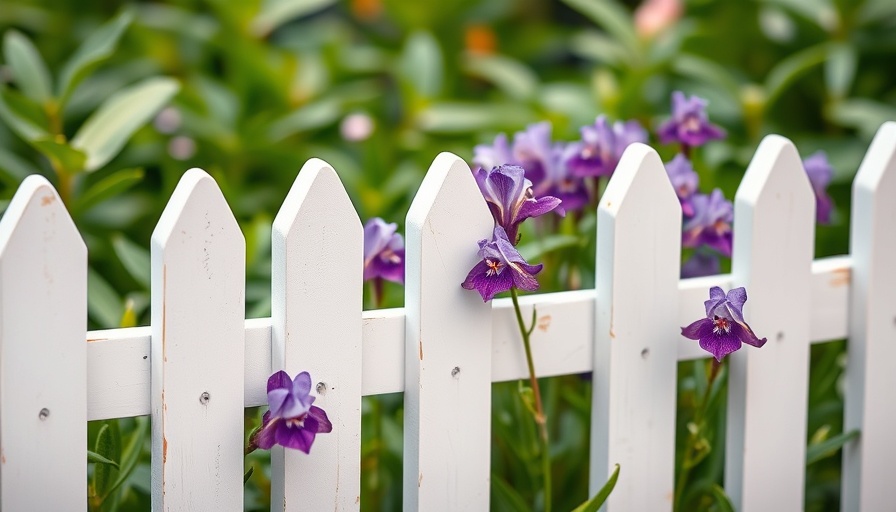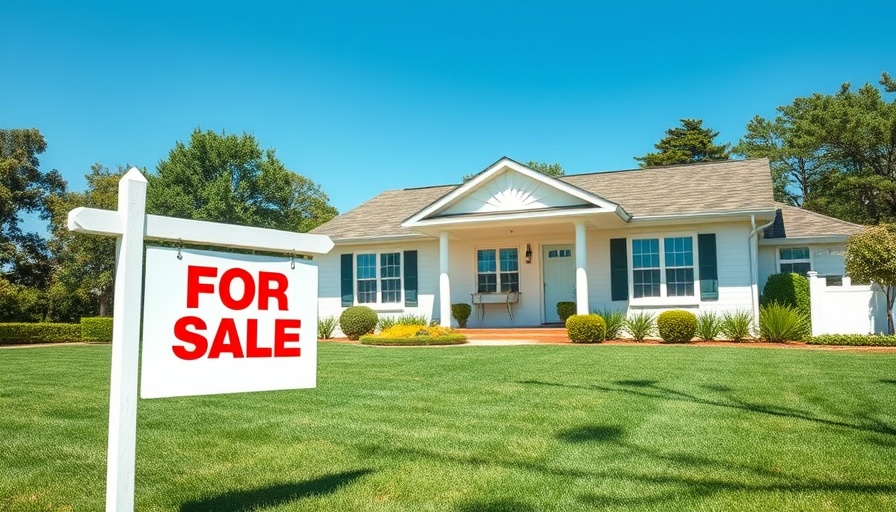
Understanding the Value of Home Fences
As homeowners explore various ways to enhance their properties, the question of whether a fence adds value arises frequently. While the short answer may seem straightforward—yes, fences can increase property values—the reality is more intricate. Understanding how much value a fence can add depends significantly on several factors, including location, material, quality, and neighborhood standards. This article delves deep into these factors, providing insights for real estate professionals and prospective buyers alike.
The ROI of Fence Installation
Data from industry experts like Angi suggests that the return on investment (ROI) for installing a fence ranges between 30% and 70%. Thus, if a homeowner invests around $3,200 in a fence, they could see an appreciation in their home’s value between $950 and $2,400. It's vital to note that while this may not represent a dramatic increase in appraised value, a well-maintained fence contributes significantly to curb appeal. This improved aesthetic can help homes sell faster and attract better bids, essentially making the fence a strategic investment in certain markets.
Key Factors Influencing Fence Value
Several crucial factors influence how much value a fence adds to a property:
1. Location Matters
In bustling urban areas or popular neighborhoods, the demand for privacy and security can drive greater value for fenced properties. For example, homes in high-traffic regions may attract buyers looking for private outdoor spaces, making well-constructed fences a prized asset.
2. Material Choices
The type of materials used in fence construction can dramatically affect costs, durability, and visual appeal. From wooden pickets to wrought iron, the material choice not only impacts the initial investment but also influences how buyers perceive the home’s overall quality.
3. Quality and Maintenance
A high-quality, well-maintained fence holds its value better than one that appears neglected. Regular upkeep ensures that the fence continues to serve its purpose—be it providing aesthetics or security—ultimately impacting the home's overall marketability.
4. Neighborhood Norms
Neighborhood standards may dictate whether a fence adds value. In communities where homes typically feature fenced yards, a well-constructed fence can help a property fit in and stand out equally. A lack of fencing in an area where it is expected can create buyer concerns about the property's desirability.
Pre-Installation Considerations
Before jumping to install a fence, homeowners should be informed of local regulations influencing installation. Checking local zoning and homeowners association (HOA) regulations can prevent any future conflicts and ensure compliance, safeguarding the investment.
Future Trends in Real Estate and Fencing
As urban areas continue to witness changes in residential patterns, the trend towards incorporating fences in home designs may grow. With more people seeking privacy in densely populated settings, the demand for high-quality fences could increase, potentially enhancing property values further.
Final Takeaways for Real Estate Professionals
For real estate agents and investors, understanding the nuances of how a fence impacts property values can inform strategies for listings and investments. Highlighting the benefits of a properly installed fence during open houses can appeal to buyers looking for added security and curb appeal, making it an indispensable selling point.
Considering adding a fence to your home? Consult with a local expert who can guide you through selecting the right fence tailored to your home's unique needs and budgeting. With the right fence in place, not only can you enhance your living space, but you can also contribute positively to the property market.
 Add Row
Add Row  Add
Add 




Write A Comment